What does your social media profile say about you? While we may be using social media to hide our fears, insecurities, and self-doubts, our selfies and posts on social media may secretly reveal our true personality and how our mind actually works. Let’s find out what your social media says about your personality.
The psychology of why we share on social media
Do you love posting your life on social media? Social media is like a digital journal that we use to share our thoughts and emotions through words and images. However, there are different psychological reasons to why we share such personal thoughts and moments on our Instagram or Facebook profiles. While we may not realize it, our selfies can allow others to peek into our subconscious mind.
According to a study titled “The Psychology of Sharing”, conducted by The New York Times Customer Insight Group, these are the 5 main reasons why we share on social media –
- To express our identity and define ourselves through content online (68%)
- To help others improve their lives by sharing entertaining & valuable content (94%)
- To feel connected, have a sense of belonging, and have others engage with our content (81%)
- To nurture, nourish, build and strengthen relationships, both old and new (80%)
- To support, promote and share about content, causes, or brands that we believe in (84%)
Now that we understand why most of us share on social media, let’s understand what your social media posts say about you.
Related: Negative Effects Of Instagram On Mental Health: 7 Ways Instagram Ruins Lives
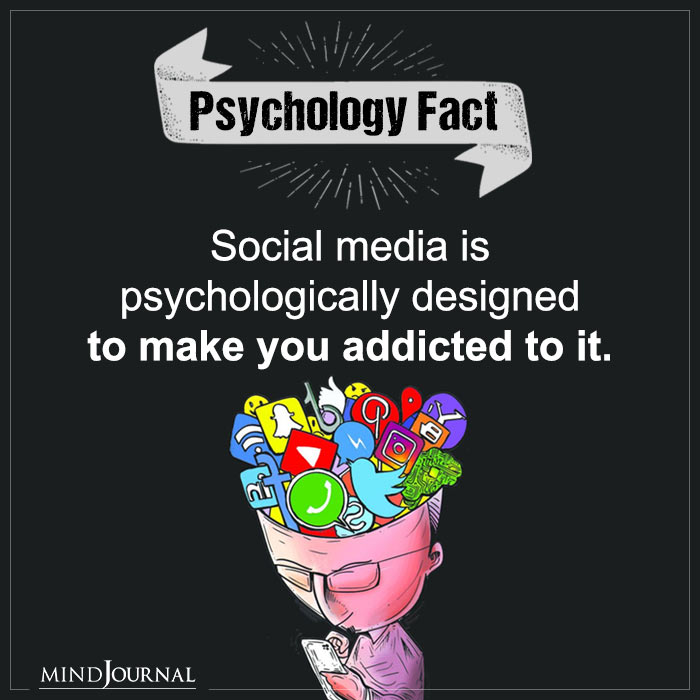
What your social media posts reveal, according to science
Do you know what your Instagram says about you? People who post everything on Facebook should know that according to social media psychology, the profile information and what we post on social media platforms can reveal a lot about the Big Five personality traits. If you’re wondering what your social media says about your personality, here’s what one 2018 study found. The frequency and content of your social media posts can reveal –
- Personality traits like extroversion or introversion
- Self-esteem
- Self-image
- Narcissism
- Mental & emotional state
- Resilience
- Social support
- Life satisfaction
Studies also show that our attachment style can also be a crucial factor in influencing and guiding our social media use and online connections, especially problematic Facebook use (PFU). However, multiple studies show that constant use of social media platforms like Instagram, Facebook, TikTok, and the likes, can be a sign of –
- Stress
- Anxiety
- Depression
- Loneliness
- Poor self-esteem
While some experts believe that using social media can increase feelings of belonging and connection, it can have a strong negative impact on our mental health. As our mental and emotional health regulates our thoughts, behaviors and emotions, it controls how we behave online.
Related: 8 Signs You Need To Stay Away From Social Media
What your social media says about your personality
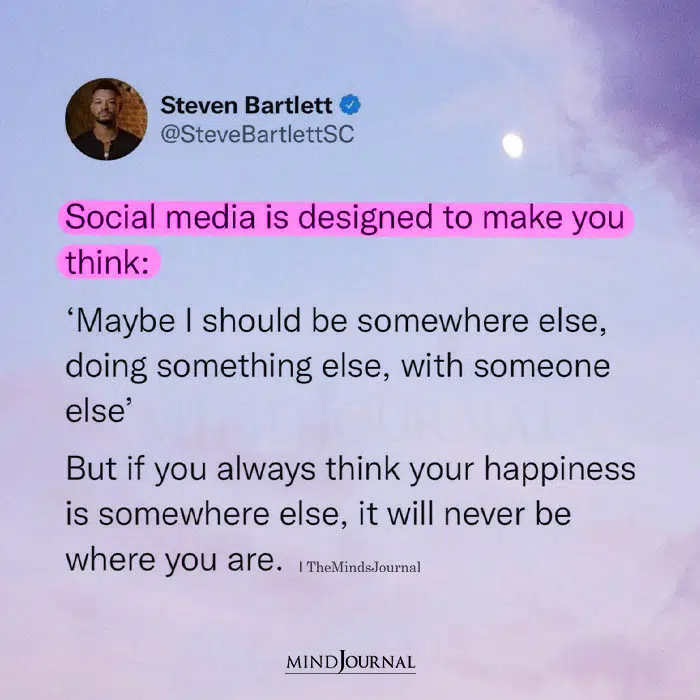
Want to know what your social media says about your personality? You will be surprised to know your social media posts reveal a lot more than you think. Here’s what posting about your life on social media can reveal about what’s on your mind and in your heart based on the Big Five Personality Model –
1. You are an extrovert if you upload selfies too often

Although this one is a no brainer, extroverts are more active on social media than introverts. Extroverted individuals typically update their status more frequently and post more photos than introverts on popular social media apps. According to a 2020 study, extroverts are prone to posting more positive content on social media constantly, while people who post negative content continuously tend to have agreeableness as a personality trait.
Studies have also found that extraversion is positively associated with self-presentation on Facebook. Apart from posting status more often, extroverts have more online friends than introverts. “Besides, extraverts clicked Like, wrote Comment and clicked Share at News Feed more frequently than introverts,” add the researchers. However, posting too frequently can also be a hint that you’re a jealous narcissist. That’s what your social media says about your personality.
2. You may be a narcissist if your post self-promotional content

Don’t you just love posting those selfies and waiting for the “Likes” to pile up? Well, posting selfies may not necessarily mean that you are a narcissist, but it has been observed that narcissists do take and post a lot of selfies. Moreover, they share only those photos where they look their best to get more attention and “followers”. Due to their inflated self-image, sense of superiority and their strong need to affirm their beliefs about self-importance, narcissists are prone to posting content that promote their perceived self-image.
Related: Narcissists and Psychopaths Online: 3 Ways To Handle Cyberbullying and Trolls
One 2020 study revealed that social media provides the “ideal environment” for narcissists to pursue and achieve their narcissistic goals as it allows them to control self-presentation. Due to their need for ideal online self-presentation, narcissists are frequently involved in selfie-taking and selfie-editing behavior and increased social media use. “Narcissists particularly tend to be ‘active’ SNS users (i.e., content-creators, more engaged in posts and like/comment production, photo posting, and uploading),” adds the study.
Further research shows that narcissistic traits are linked to “the number of friends a person has and how many photos they upload.” Narcissists, especially grandiose narcissists, spend more time on social media apps than normal users and they also show certain behavioral patterns. Now you know what your social media says about your personality.
3. You are open to new experiences if your profile is filled out
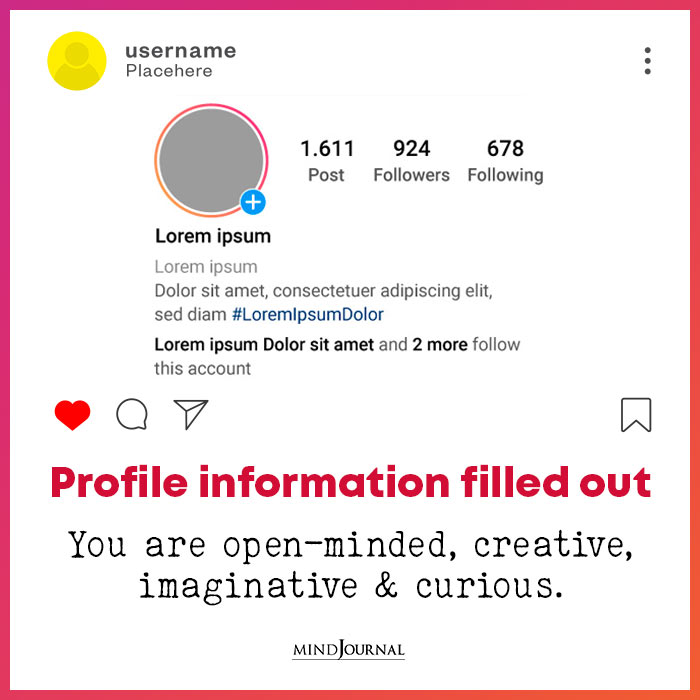
Psychotherapist and author Amy Morin believes that people who thoroughly fill out their personal profiles on Facebook or Instagram tend to be high in openness. Individuals who are high in the trait of openness tend to be open-minded, are willing to accept & pursue new experiences, seek novelty and tend to be curious, imaginative & creative. Research shows that open people embrace new things and are often curious about different features on social media platforms. Due to their creative and imaginative personalities, they tend to complete the entire personal information section on Facebook, Instagram, Twitter etc.
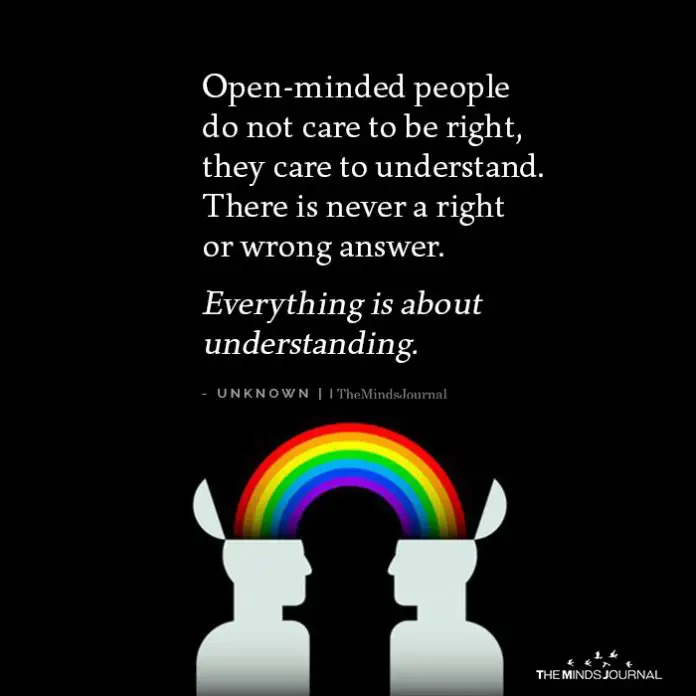
According to a 2020 study, openness to experience is associated with “a greater tendency to be sociable through Facebook.” However, further studies show that openness is significantly negatively correlated to pathological internet and social media use. When you are open-minded, this is what your social media says about your personality.
4. You are friendly if you keep getting “tagged” on other’s posts
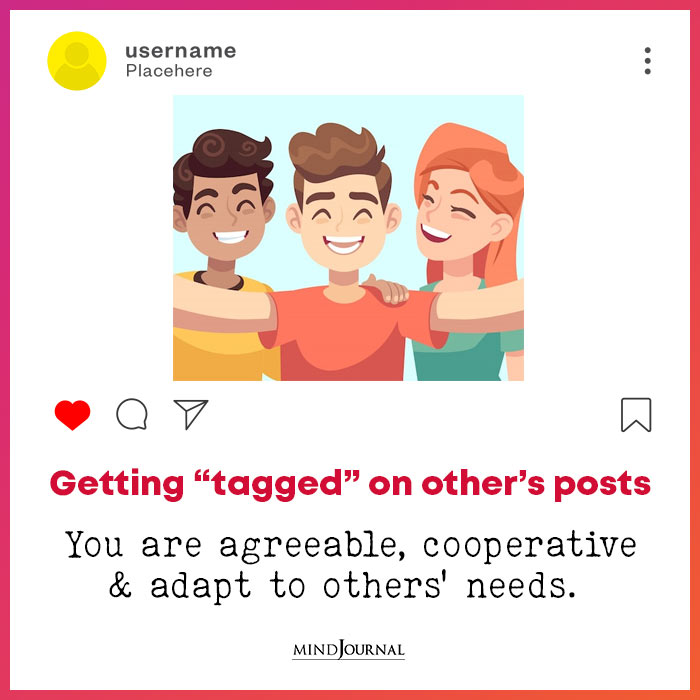
So your friends constantly keep tagging you in their photos and you think it’s cool? Then it may show that you put the needs of others before your own. It also reveals that you are high in the personality trait of agreeableness. Agreeable people believe that maintaining positive social relations are important and typically tend to be cooperative. They are friendly & compassionate, trust others easily and tend to adapt to the needs of others.
Research shows that about the top 10% of Facebook profiles that are tagged in the social media platform are remarkably higher in Agreeableness than the bottom 10%. This is a clear indication that Agreeableness is positively correlated with the number of Facebook tags. The researchers also found that Agreeableness was related to the number of friends, Facebook groups and “likes”. For instance, if you are agreeable, you are less likely to hit “like” on posts that are controversial or that may contradict the beliefs or values of your friends. Agreeableness also leads to political compromise on social media.
Related: 5 Social Media Habits That Are Toxic To Any Relationship
But, wait. There is more to know about what your social media says about your personality. According to a 2018 study, agreeableness is “related to addictive use of Instagram both directly and indirectly.” It found that agreeable people are more prone to –
- Posting group selfies
- Involvement in others’ responses
- Observing others’ posts and selfies
- Commenting or clicking “likes” on others’ posts
So if your social media use is dominated by these behavioral patterns, then it means that you are a soft-hearted and well-mannered individual. Hope that gives you a better understanding about what your social-media use says about you.
5. You are neurotic if you post a ton of monochromatic selfies

In the habit of uploading a new photo or “throwback” photos almost everyday on Facebook or Instagram? Then you just might be high on neuroticism. It is a personality trait that makes you prone to experiencing negative emotions such as –
- Anxiety
- Depression
- Emotional instability
- Self‐consciousness
- Irritability
- Anger
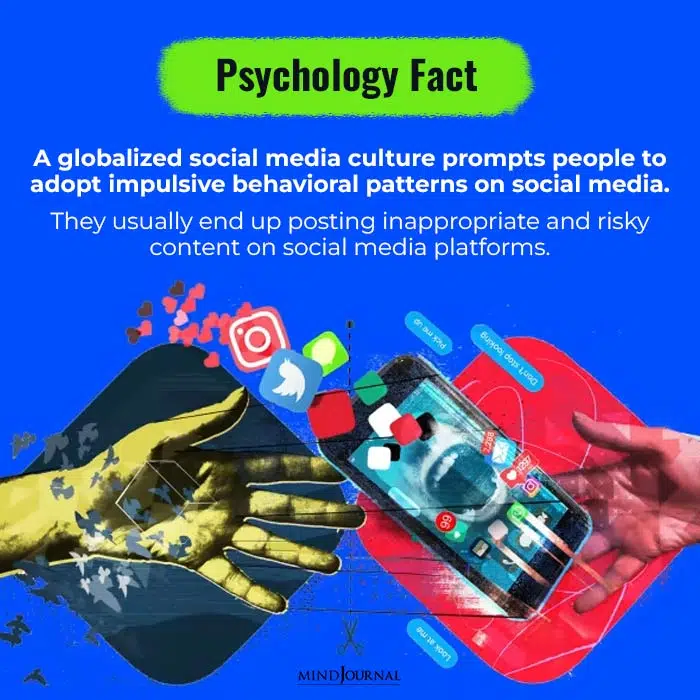
Studies show that neurotic people post a lot of images on social media, especially ones that are monochromatic or black and white, as a way of seeking validation, admiration and acceptance. Neuroticism is related to “extensive photo uploads and voluminous photo albums,” explain the researchers. It is believed that neurotic individuals prefer to communicate more through images on social media as statements or comments can be more controversial and anxiety-inducing than images. They use selfies and images to create a positive social reputation and show themselves as happy as others. However, social media behavior of neurotic people is mostly an imitation of others, believes Amy Morin.
In fact, studies show that neuroticism can be a risk factor in the development of social network use disorder. One 2020 study states that “Individuals with high neuroticism tend to use social media more frequently” as they “locate their ‘real me’ on the Internet,” unlike extroverts. Research also shows that women with high levels of neuroticism were more likely to be addicted to social media, which had a negative effect on their well-being. This is what your social media says about your personality, if you are a neurotic person.
Related: How Influencers Use The Psychology of Covert Content
6. If your instagram feed is well curated then you are careful
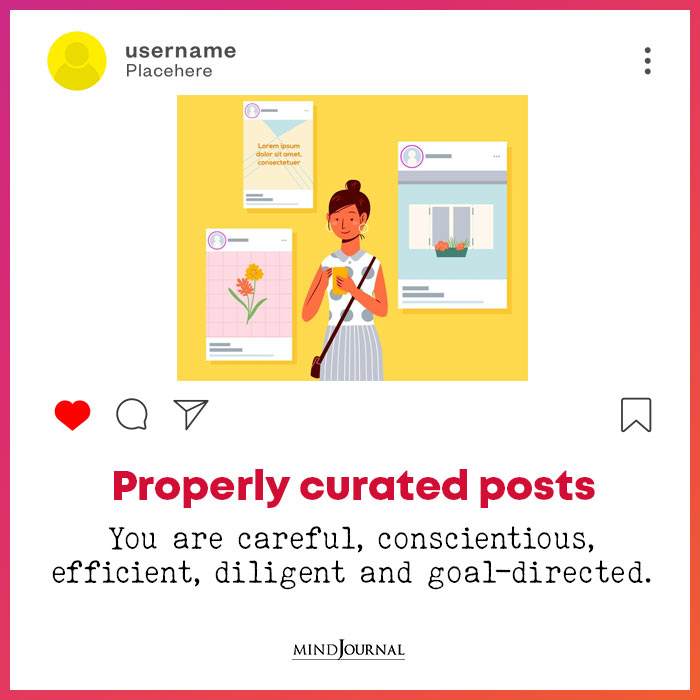
Are your photos on Instagram or Facebook properly organized and curated? Then it is likely you have high levels of conscientiousness. People who possess this personality trait are efficient, diligent, goal-directed, careful and have a strong desire to do a task properly. If you are a conscientious individual, then it is likely that you do not spend excessive time on social media platforms. However, your social media use is well planned and organized, resulting in curated content and posts, explains a study.
Research also shows that conscientious individuals value rules that support their decision-making process more than peer pressure, what others think and even friendships. It explains “conscientiousness was negatively associated with social media use.” So if you barely scroll through social media and if your Facebook albums are neatly categorized and structured, then it shows that you are high on conscientiousness.
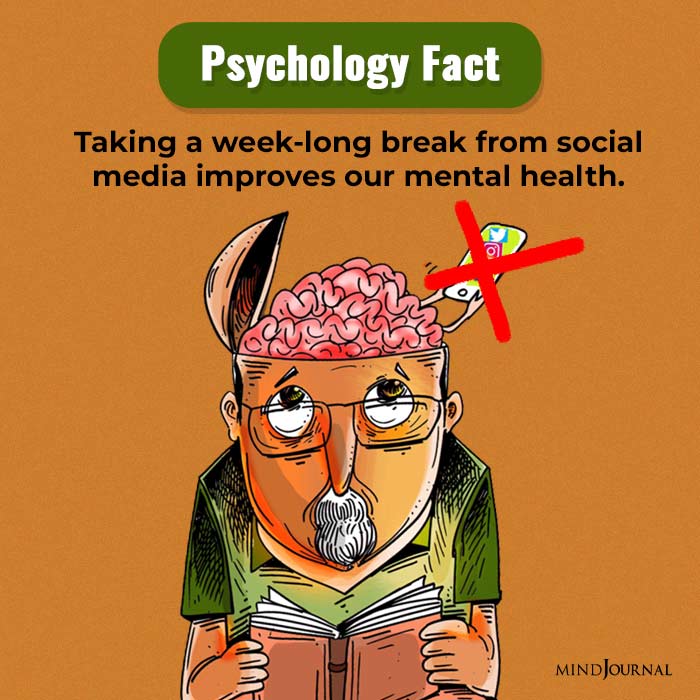
Every selfie reveals a part of us
So do you know what your social media says about your personality? Are you an extrovert or an introvert? A narcissist or a caring individual? Are you attention-seeking or depressed? While social media can reveal a lot about us, by being conscious of our social media habits and what we post, we can better manage how we allow others to perceive us.
Instead of trying to create a fabricated or a fake persona online or trying to look cool before your friends, the best way is to just be real and be aware of what we are putting out on our profiles. Understand what your facebook posts reveal about your personality and post smartly.
Related: 18 Reasons Why Social Media Makes Us Hate Ourselves
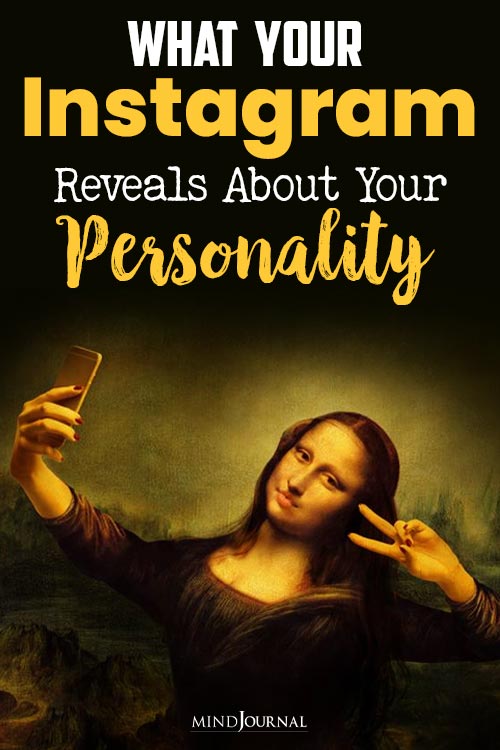
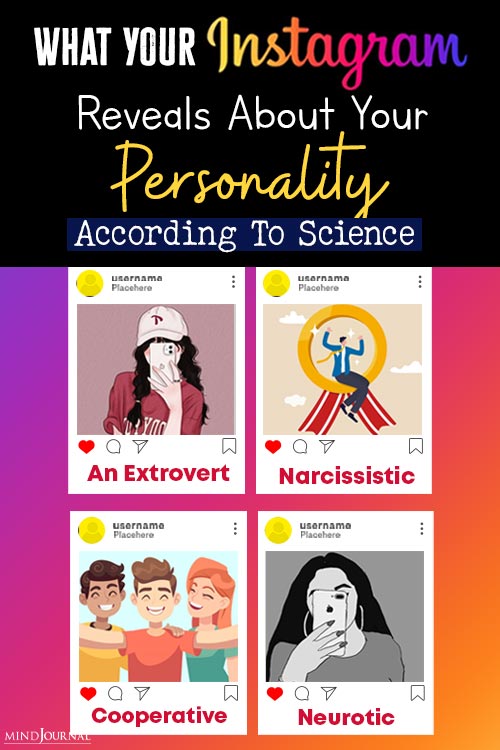
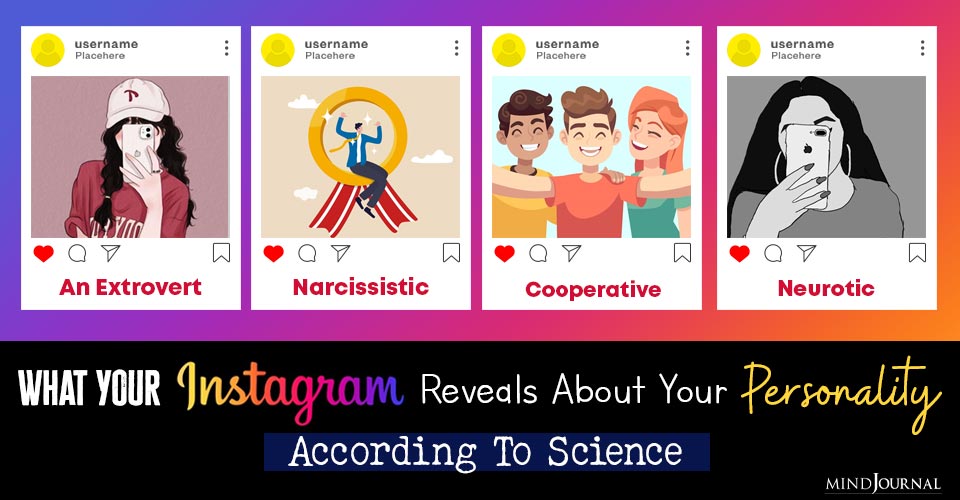





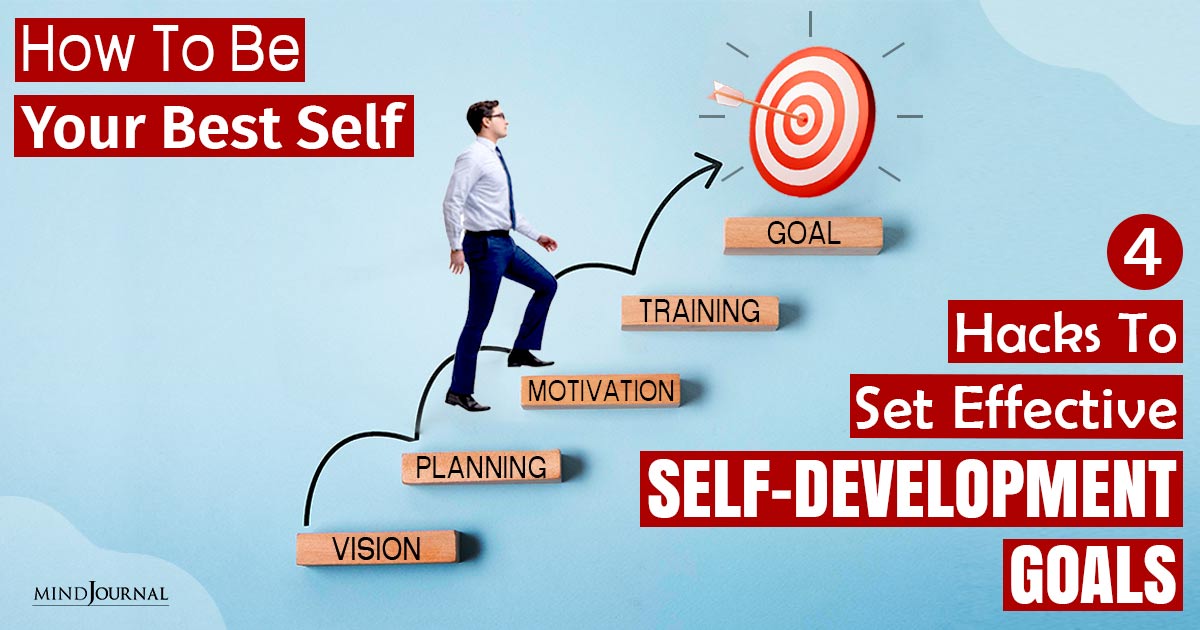

Leave a Reply
You must be logged in to post a comment.